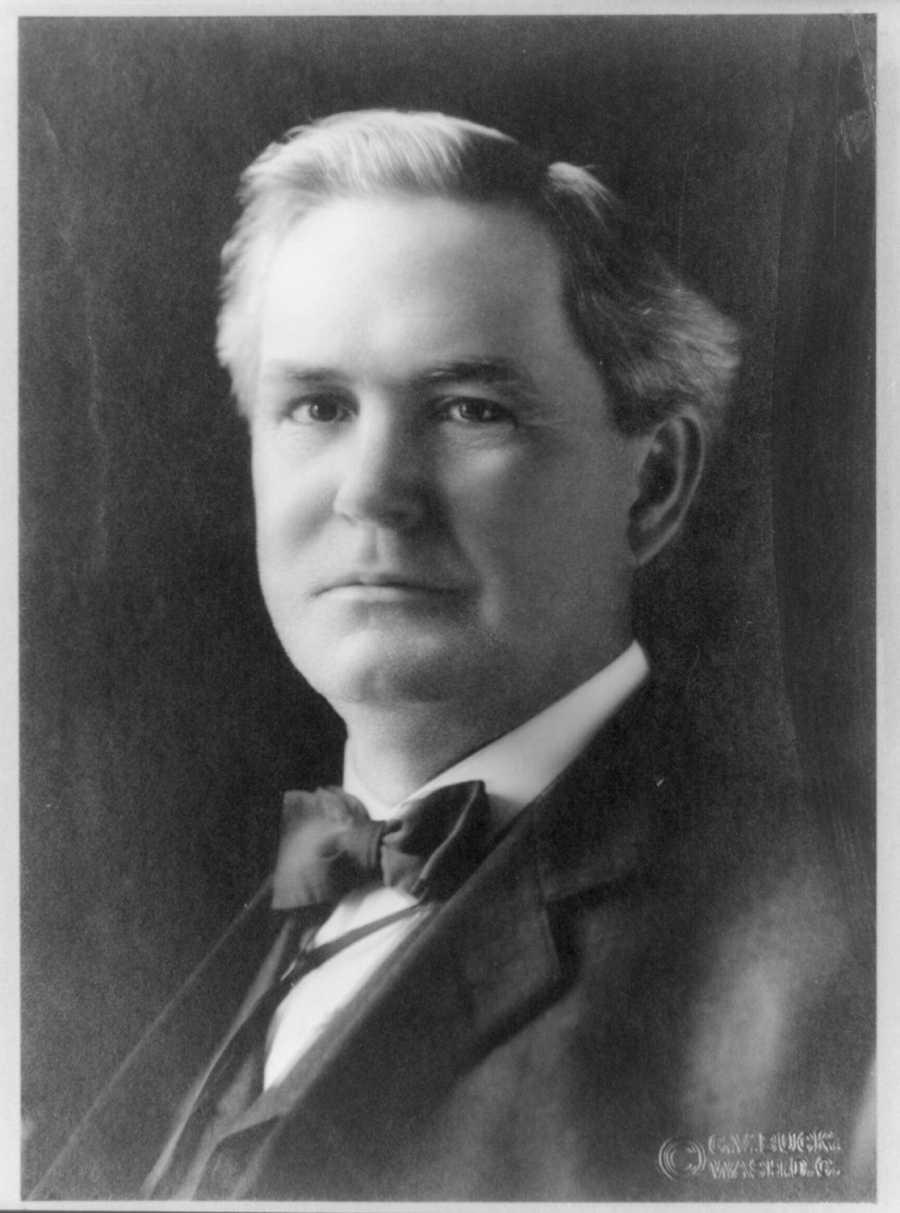7 Ways to Improve Your Ability to Deliver Criticism
Curated from: medium.com
Ideas, facts & insights covering these topics:
17 ideas
·15.4K reads
140
Explore the World's Best Ideas
Join today and uncover 100+ curated journeys from 50+ topics. Unlock access to our mobile app with extensive features.
The Importance Of Negative Feedback
Even when poor behavior affects our work negatively and we have a regularly established open space for criticism, we still often hold back for fear of getting a negative reaction.
Most people rather receive feedback on what they did wrong than just praise on their successes. So while we tend to categorize this as negative feedback, the communication is often viewed positively.
182
1.15K reads
Don’t Overcomplicate Criticism
Too often, people over complicate the process of giving corrective feedback. It doesn’t require elaborate stories or some pop psychology analysis.
Just a straightforward discussion with a few key points will do.
187
1.13K reads
Establishing A Shared Purpose While Criticizing
Often people refuse to listen to feedback because they think we have ulterior motives. So, to have people listen to our feedback, we need to establish that our interests align by asking about their interests, and actively listening to their concerns.
When people realize we’re working towards a common goal, they understand that we care about their interests and values. And consequently they’re more receptive to our input.
188
764 reads
How To Conduct An Argument
Facts are the foundation and the least controversial part of an argument. So, it’s easier to start by establishing and agreeing on the facts.
State the expectation, the facts of what happened and let the other person explain why there’s a difference. Once facts are agreed upon, explain, without piling it on, the consequences of their behavior so they understand the impact they had on the matter.
196
696 reads
Showing People You Care About An Issue
- Take an interest in people.
- Understand their values and how they influence their goals.
- Ask questions and take the time to learn where they want to go.
187
834 reads
“The secret killer of innovation is shame. You can’t measure it, but it is there. Every time someone holds back on a new idea, fails to give their manager much needed feedback, and is afraid to speak up in front of a client you can be sure shame played a part. That deep fear we all have of being wrong, of being belittled and of feeling less than, is what stops us taking the very risks required to move our companies forward.”
210
649 reads
Discuss Behaviors, Not People
Corrective feedback should not shame people into compliance as it makes them more likely to disengage and withdraw from future situations. Or become defensive and blame others for their behaviors. Which is the opposite of the goal.
Alternatively, a feedback that causes guilt encourages us to compare our behavior against our own performance standards and recognize the difference. This cognitive dissonance propels us to change.
193
556 reads
Don’t Take Ownership
The goal of feedback is to elicit a behavior change. So it’s not over until you agree on what they’ll do differently next time.
Not suggesting a solution can be a good course of action to avoid a repeat of the issue. It’s their issue and they'll be more committed to a solution if it is theirs.
184
539 reads
A Company’s Role On Personnel Development
Bad companies ignore or try to get rid of poor performing employees, never addressing the issue. Ideally, a company should hold regular discussions to handle issues and the responsibility for feedback be shared and encouraged by everyone in the organization.
Peer-provided feedback is the most effective improvement tool available to organizations. While management only sees part of an employee’s actions, peers work more closely and more often with their coworkers thus being able to provide more accurate feedback.
173
430 reads
7 Ways to Improve Your Ability to Deliver Criticism
- It’s much easier to correct a minor issue than a major one. So once you see something, say something.
- The only negative feedback is feedback that doesn’t support future improvement.
- If you cannot think of a way to give your criticism so that it supports future improvement, then keep it to yourself until you can.
- People don’t care how much you know until they know how much you care.
- First agree on the facts. Then discuss the impacts.
- Focus on the behaviors and what someone did rather than what type of person you imagine him or her to be.
- People are much more committed to a solution if they own it.
227
564 reads
The Vicious Circle Of Not Giving Negative Feedback
When most people consider giving corrective feedback, they often picture horrible confrontations. Thus they put it off until the problem becomes too big to ignore.
This avoidance normalizes poor behavior, that doesn’t usually get better on its own. And the shy critic is likely to struggle to address it the next time since they’ve previously allowed it.
180
616 reads
Criticism Reception
Many believe that most people aren’t open to criticism, but a study indicates that most employees who rated their manager poorly also noted that he or she did not provide sufficient feedback. The study indicates a willingness to receive criticism and grow as a professional, as well as a management evaluation based on quality and quantity of corrective feedback.
People who complain about others’ general unwillingness to learn, are likely using the complaint to mask their own inability to offer worthwhile feedback.
178
768 reads
IDEAS CURATED BY
Kali 's ideas are part of this journey:
Learn more about communication with this collection
How to write clearly and concisely
How to use proper grammar and punctuation
How to structure a business document
Related collections
Similar ideas
Read & Learn
20x Faster
without
deepstash
with
deepstash
with
deepstash
Personalized microlearning
—
100+ Learning Journeys
—
Access to 200,000+ ideas
—
Access to the mobile app
—
Unlimited idea saving
—
—
Unlimited history
—
—
Unlimited listening to ideas
—
—
Downloading & offline access
—
—
Supercharge your mind with one idea per day
Enter your email and spend 1 minute every day to learn something new.
I agree to receive email updates






